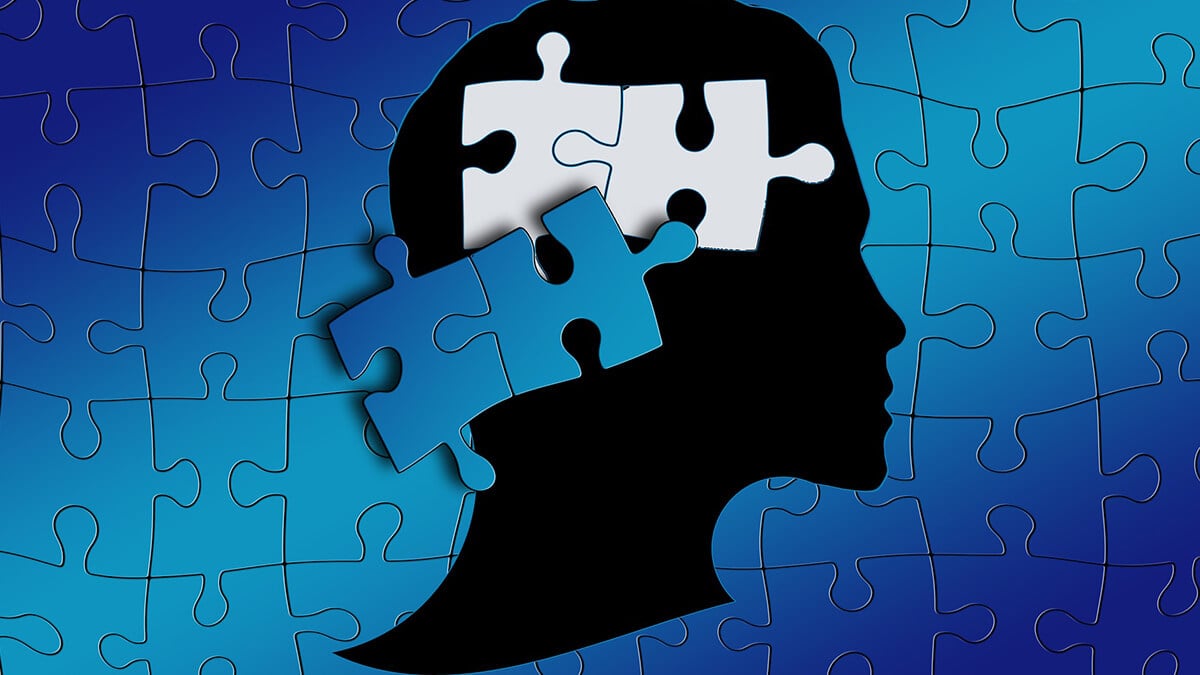As a child and adolescent psychiatrist, I am often asked how to tell if a child might have an anxiety disorder. Parents, caregivers, nurses, and other health care providers can use this handy list to know which child should be referred to a child psychiatrist.
Here are some warning signs of an anxiety disorder in a child:
- Avoidance: If the child tries to avoid social activities (birthday parties, talking to others) these can be signs of anxiety.
- Sleep problems: Waking up in the night, difficulty falling asleep, waking up too early can all be signs of anxiety.
- Worsening grades or school performance: Difficulty concentrating, difficulty finishing schoolwork, or feedback from teachers that the student seems to be struggling may be a sign of anxiety.
- Other symptoms: frequent complaints of headaches, stomach aches, etc. without any other cause, can be a sign of anxiety in children.
- Eating issues: some children with anxiety overeat to cope, while others may not eat due to anxiety.
- Speaking issues: some children with anxiety disorders may speak at home but then not speak in other situations such as school or in public.
- Panic attacks: panic attacks are a sign of anxiety in children.
If the child has any of these symptoms and it is causing them difficulty or distress, it is time to refer them to a child psychiatrist for evaluation. The psychiatrist can determine if these are signs of serious anxiety disorder and create a plan to treat them.
Learn More
You can learn more about the diagnostic criteria for ASD along with the signs, symptoms, and treatments with our Autism Spectrum Disorder course worth 2 contact hours.



